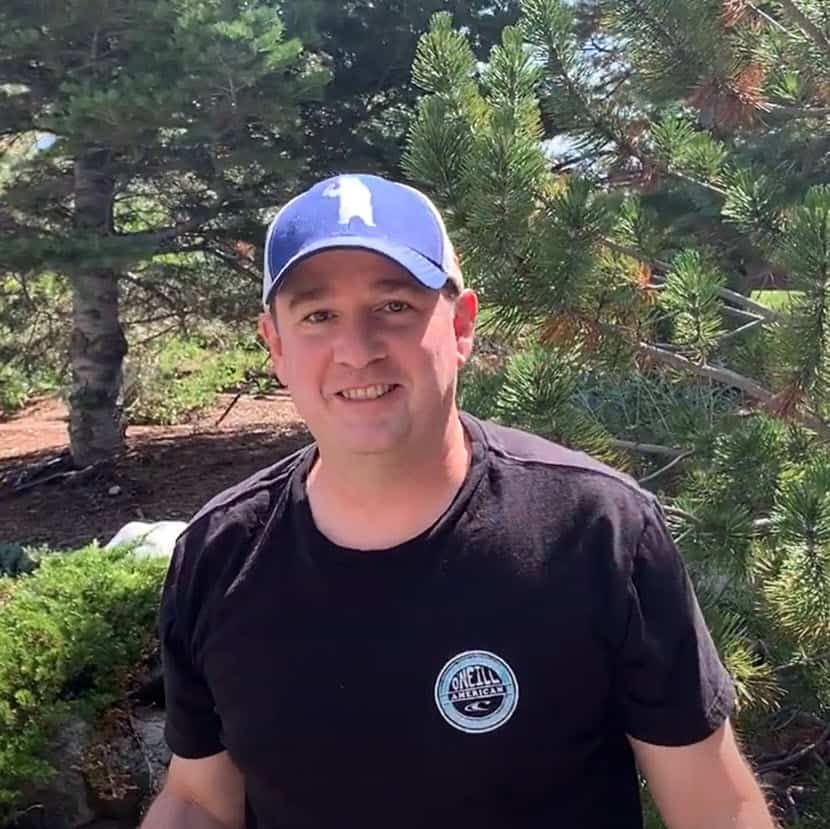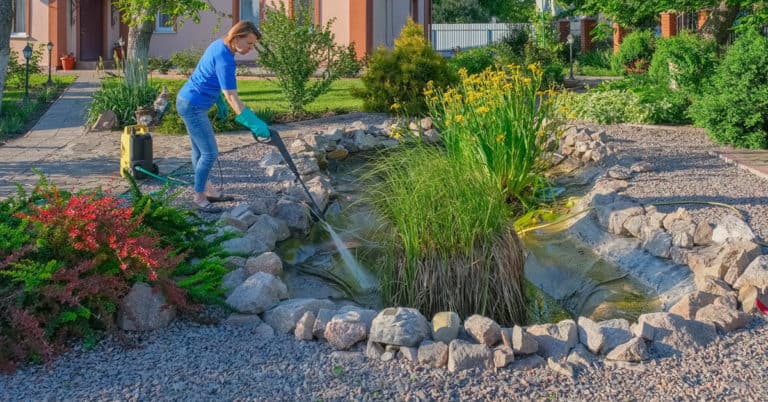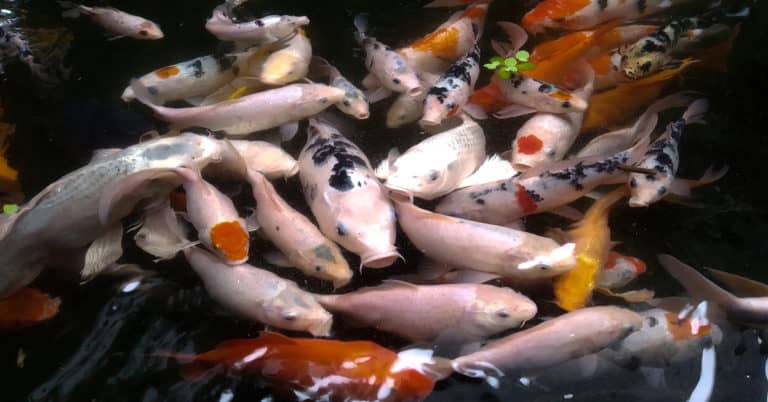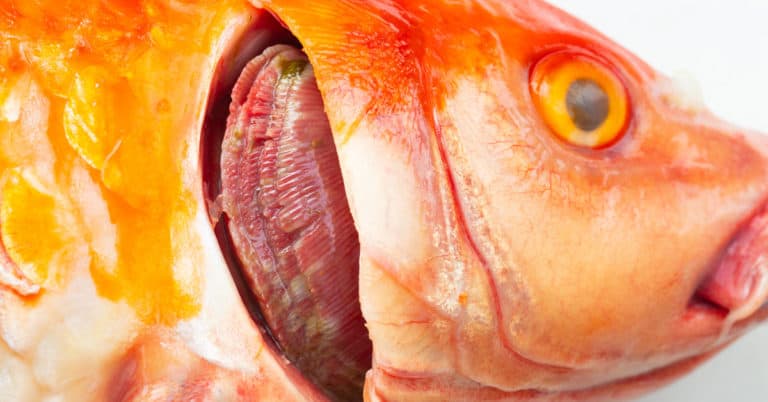Known for their vibrant colors, koi fish have become some of the most sought-after pet fish globally. It is no wonder that you might end up paying a whopping $1.8 million for a single fish. However, unlike most fish species, koi fish are very delicate creatures. When kept under unsuitable conditions, they will easily die.
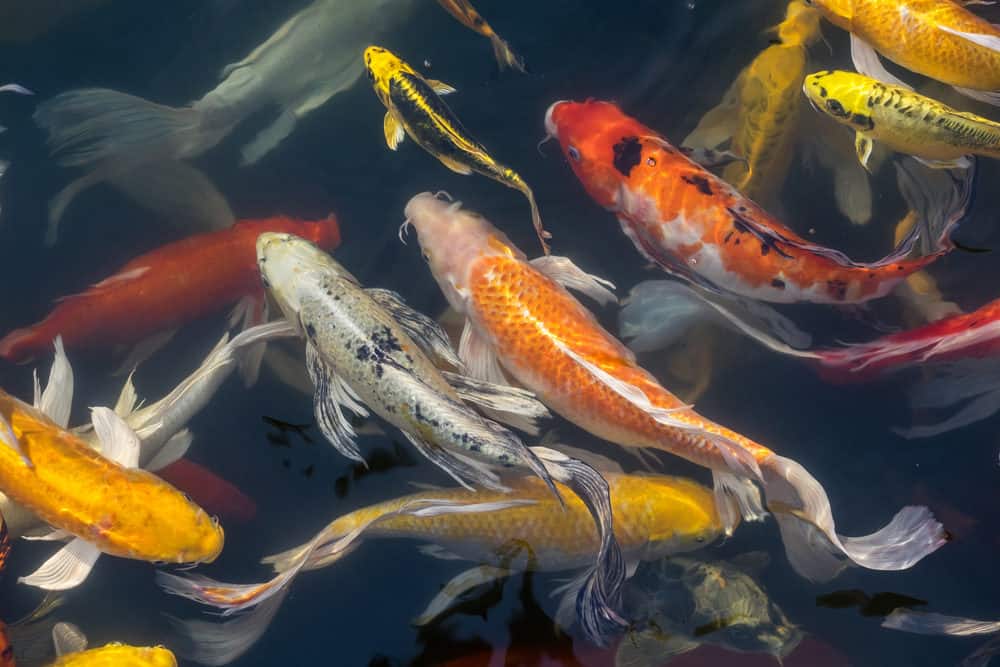
If you’re looking for an elegant and lively way to grace your home, office, or any other space, having a koi fish pond is the way to go. However, to enjoy their unique beauty, it is essential to provide them with suitable living conditions to prevent them from dying easily.
In this article, we will delve deeper into why your fish are dying in your koi pond, how to save your koi fish from dying, and more.
One of the distinctive characteristics of koi fish is their resilience. Their usual lifespan is between 25 to 40 years, but they can live up to 100 years if given proper care. However, koi fish are fragile creatures, meaning that many situations can cause them to die.
Here are some common causes of koi fish dying in your pond.
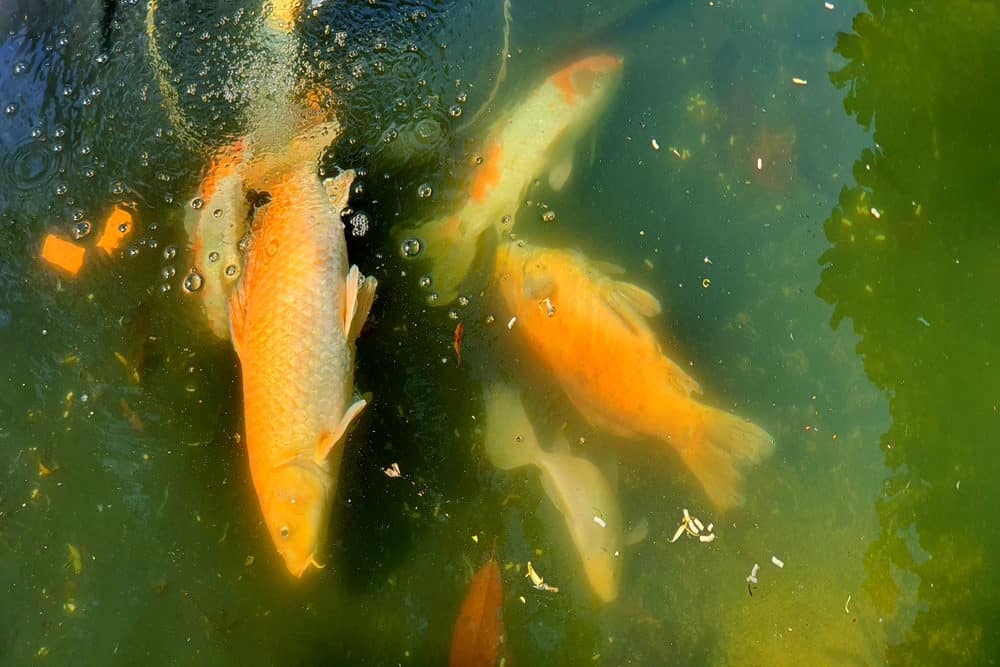
Incorrect water conditions and water temperature are undoubtedly the primary cause of death in koi fish. High levels of ammonia in your koi fish pond are among the main reasons why your pond water may lose its quality.
What most people may not know is that a fish's waste products contain high levels of ammonia. When this ammonia releases into the water, it turns into nitrites, then nitrates. High levels of this chemical in your pond can cause significant health problems for your koi fish over time.
Too much ammonia in your pond may burn your koi fish’s gills which may cause them to die.
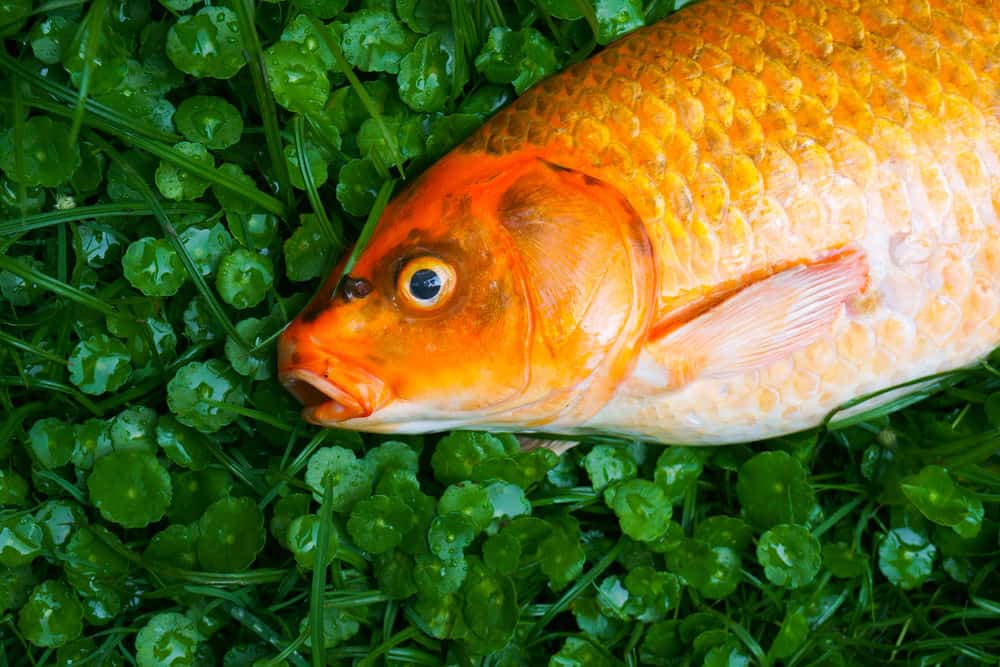
Again, when koi fish are exposed to unionized ammonia, they may suffer from ammonia poisoning. For starters, this may limit the ability of your koi fish to carry oxygenated blood in their bodies. Lack of oxygenated blood may cause your fish to be unable to perform essential functions such as swimming.
Unionized ammonia may also result in the excessive growth of gills in your koi fish to compensate for the lack of oxygen. It may also destroy your koi fish’s mucus membranes, leaving them prone to parasitic infections.
That is why it is always important to check your pond's pH level and oxygen level to ensure that it is suitable for your koi fish.
There are some bacteria and viruses that can be harmful to koi fish. While koi fish are not one hundred percent immune from bacterial and viral infections, your koi fish can fight them off as long as they are in good health.
To prevent koi fish from dying in your pond, always ensure that the water is free from any harmful bacteria and viruses. It is also essential to ensure that your pond doesn’t have any sharp objects that could injure your fish. Any such injuries may provide a pathway for bacteria and viruses to enter your koi fish’s bloodstream.
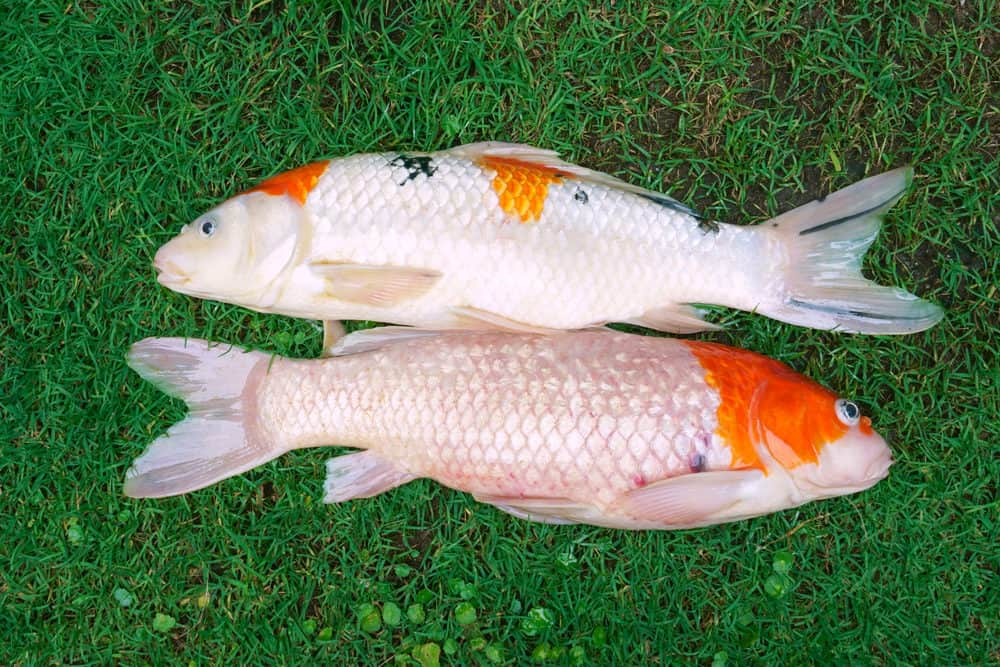
Algae can be both good and bad for your koi fish. These organisms can help keep the nitrate levels in check, preventing your fish from dying. Since koi fish are omnivorous, algae also serves as a source of nutrition. In addition, algae also helps to increase the oxygen levels in your pond through photosynthesis.
However, large amounts of algae can be harmful to koi fish. This is because it can lead to an oxygen depletion in the water. And as you may now know, lack of adequate oxygen can be dangerous to your koi fish.
Like most living creatures, koi fish are also susceptible to parasitic infections. Unfortunately, it is hard to notice the presence of a parasitic infection until it’s too late.
There are many harmful parasites that are common in fish ponds. The most common one is the fish leech. This parasite attaches itself to fish and sucks their blood, therefore causing infections.
The good news is that you can treat these infections by introducing an anti-parasitic medication into your pond.
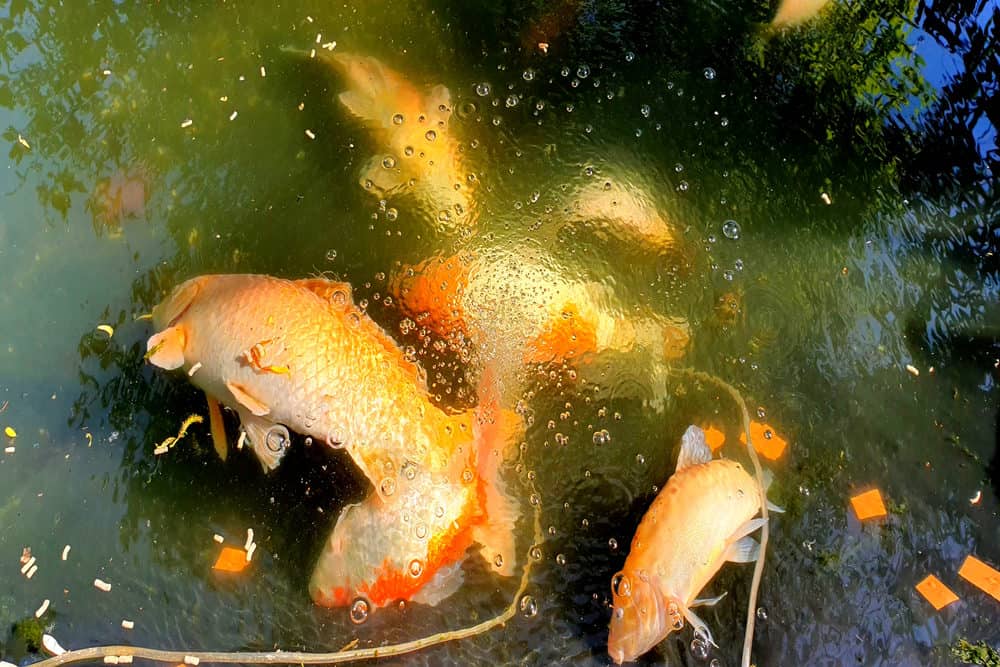
Like we mentioned earlier, an injury is something quite dangerous to your koi fish. The most common way koi fish obtain injuries is by coming into contact with rough surfaces in the pond.
Koi fish tend to stay at the bottom of the pond, especially during cold seasons. When they rest at the bottom of your pond, their bellies come into constant contact with the rough bottom surface.
These rough surfaces may cause abrasions, which may get infected or ulcerate, causing your fish to die. That is why you should get rid of any sharp objects such as stones in your pond and, if you can, make the bottom of the pond as smooth as possible.
While there may be many causes behind koi fish dying in your pond, there are a lot of ways to prevent it. The following are some of them.
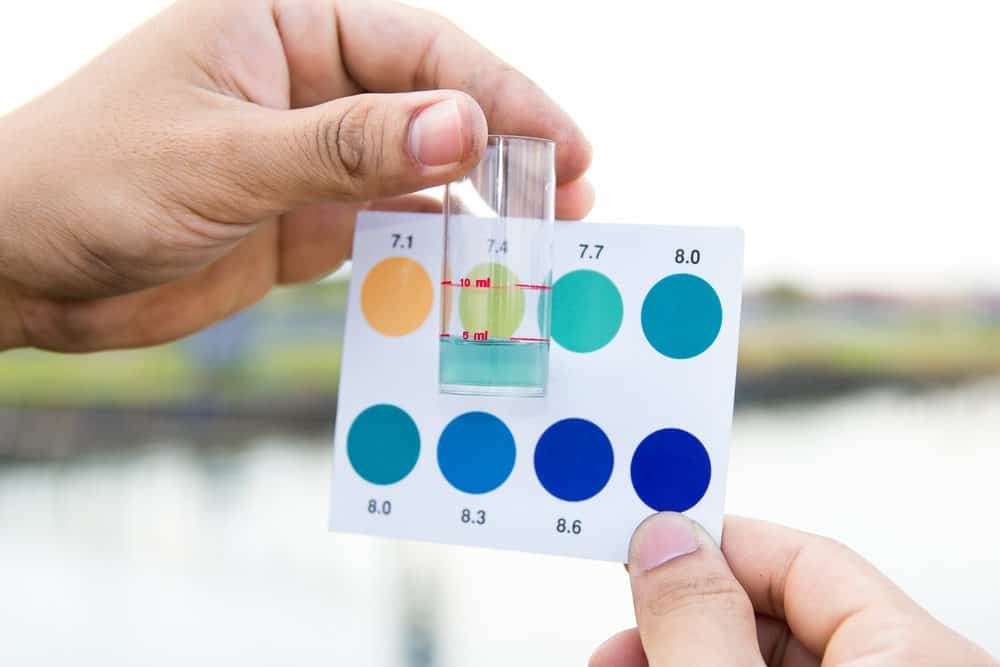
The water quality in your pond always significantly affects your koi fish's overall health and well-being. Therefore, it is essential to check the quality of the water to weed out any issues that may cause the death of your koi fish.
Some of the things to look out for include harmful pollutants in your pond and dangerous pH levels. Here, you can employ liquid test kits or test strips. These two are very reliable when it comes to checking your pond water for toxins such as ammonia, phosphates, nitrates, among others.
Most koi fish ponds have a closed water system, meaning that the only way that water leaves the pond is by evaporation. Since this factor may make it difficult to remove harmful substances, it’s essential to regularly change the water in your pond.
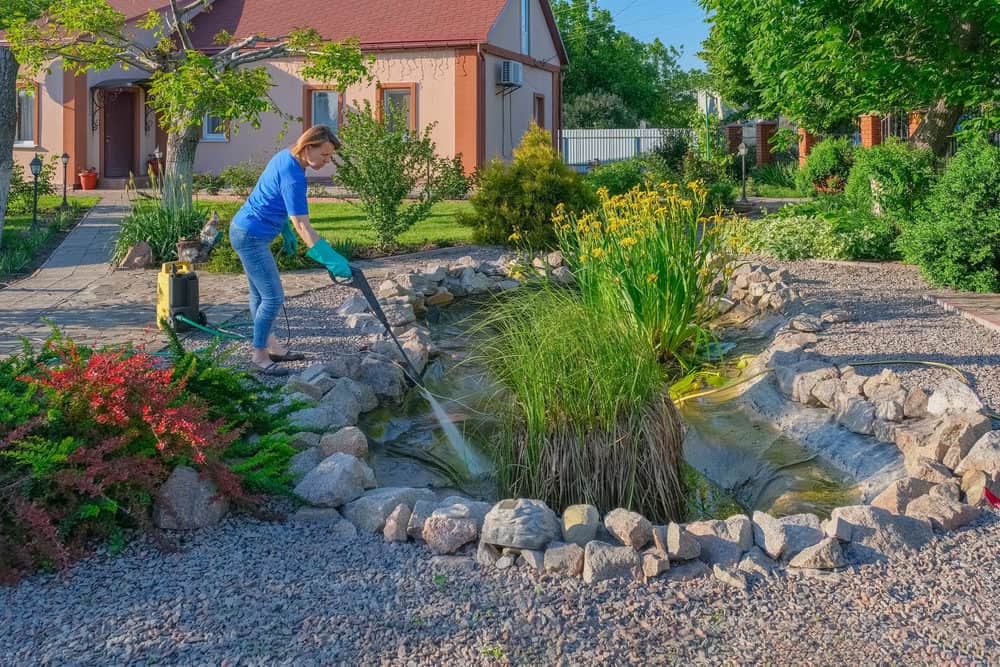
Filtrating your pond water is the most effective way of changing it and providing essential water movement.
There are two types of filtration processes: mechanical and biological. The automated procedure removes harmful physical pollutants while the natural filtration process eliminates toxic chemicals such as ammonia.
However, you should not completely change your pond water since a total water change may be a massive shock to your koi fish and be harmful to them. It is recommended that you change 20% to 50% of your water every two weeks.
Feeding your koi fish enough food has a ton of benefits. For starters, it prevents your pond water from being contaminated. Giving your fish too much food may lead to some of it being uneaten. This fish food may contaminate the water over time, making it harmful to your koi fish.
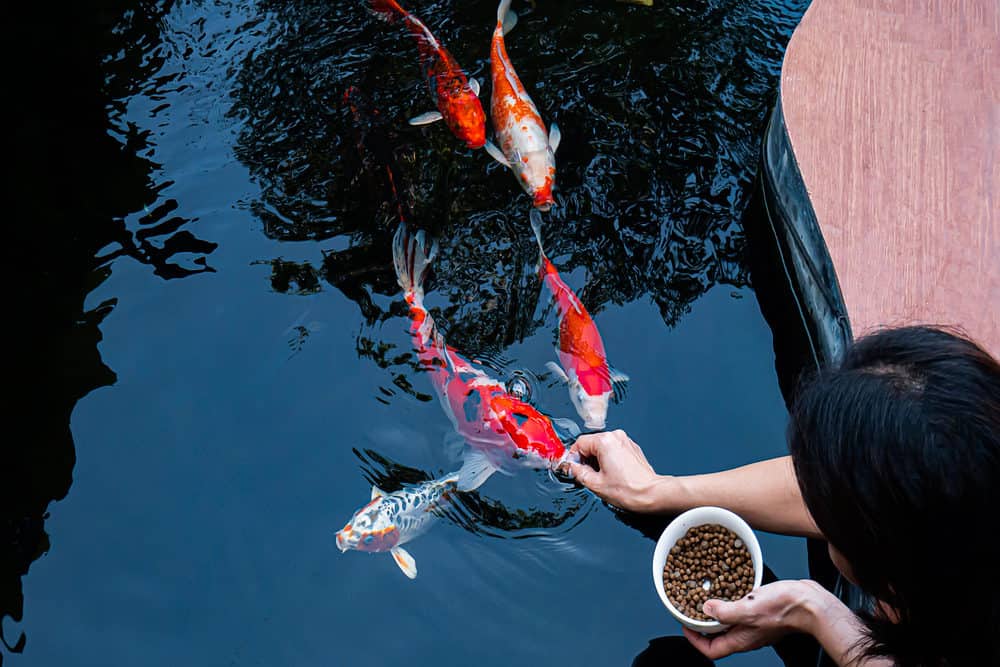
Overfeeding your fish can also lead to high levels of ammonia in your pond. The simple science behind it is that the more you feed your koi fish, the more they will excrete. And too much fish waste may result in high levels of ammonia in your pond.
Giving your koi fish too much food may also lead to the increase of heterotroph bacteria. This beneficial bacteria is responsible for breaking down fish waste, uneaten food, and dead plant matter in the water into ammonia.
Having a pond without any coarse surfaces and sharp objects is vital for the overall wellbeing of your koi fish.
Koi fish love jumping from one point of the pond to another. While they do so, they can easily injure themselves if the pond has sharp objects.
If these injuries go unnoticed for a long time, they may get infected, causing the fish to die.
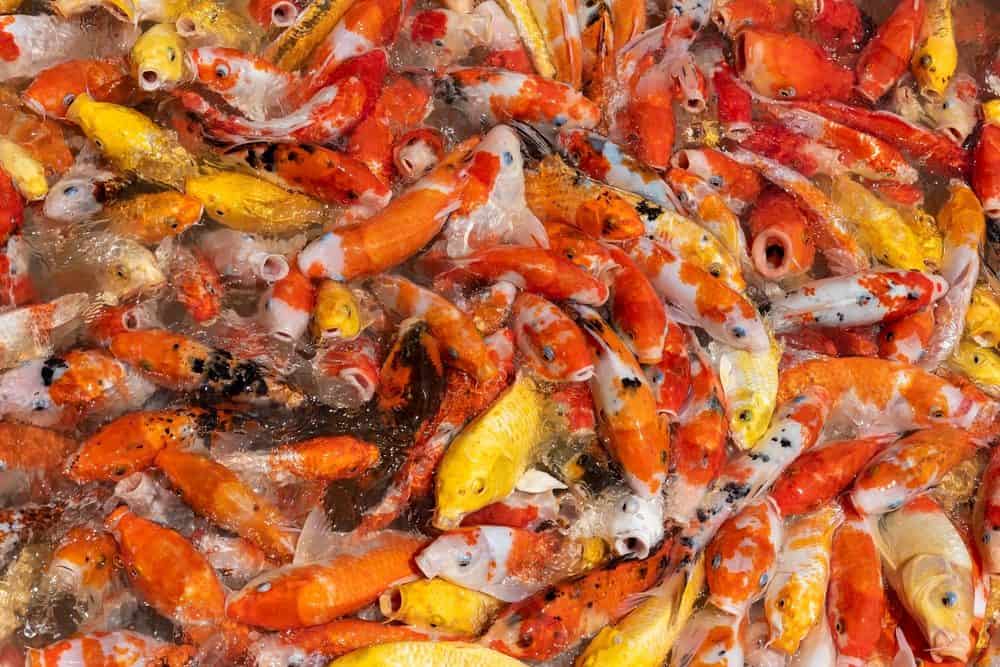
When it comes to koi fish, less is more. Having a manageable number of koi fish may prevent many issues such as high ammonia levels in your pond water, as well as preventing your koi from becoming stressed fish. Overcrowded conditions can lower the growth hormones in their bodies, resulting in small koi fish that may die quickly.
Knowing if any of your fish have koi disease may be challenging. However, there are several tell-tale signs and symptoms that are indicative of your fish having a parasitic, bacterial, or viral infection. Let’s take a look at some common signs and symptoms of a sick koi fish, which potentially could lead to a dead fish.
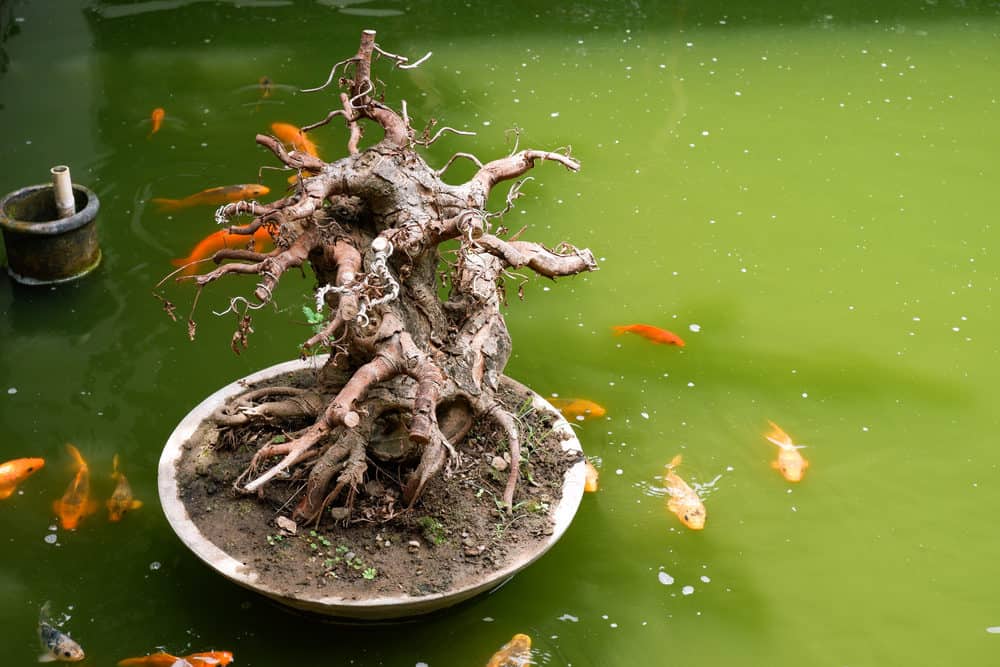
If you notice that any of your koi fish have most of these signs and symptoms, it is recommended that you keep them in a separate fish tank away from the remaining fish. Doing this will prevent the fish disease from spreading to and affecting other fish in the pond.
